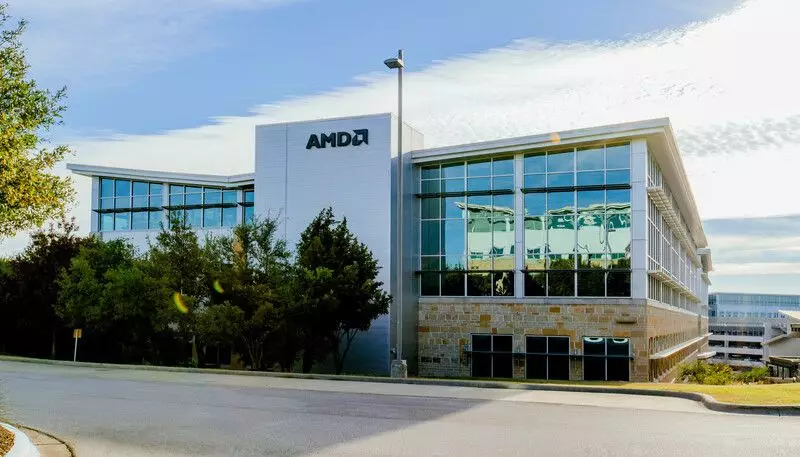In a significant reorganization move, AMD has announced its decision to lay off approximately 4% of its global workforce, affecting around 1,000 employees out of an estimated 26,000. This decision comes amidst a landscape of evolving market dynamics and an intense competition, particularly in the rapidly growing artificial intelligence (AI) sector. While the specifics regarding which divisions or teams will be most impacted remain unclear, AMD’s reasoning behind this strategic shift is tied to a need to adjust resources toward its most promising growth opportunities.
Reasoning Behind the Layoffs
AMD’s official statement cites a drive to “align resources with our largest growth opportunities.” This framing suggests a pivot towards sectors where the company sees the most potential, specifically in the realm of AI. As businesses increasingly invest in AI technologies, AMD seems poised to refocus its efforts on this lucrative market, especially given that it faces fierce competition from Nvidia, a giant in the GPU space. However, this realignment raises questions about the future of AMD’s other segments, notably gaming, which has seen a considerable decline in revenue contributions.
The gaming division, which encompasses both PC graphics and the production of custom chips for major gaming consoles like PlayStation and Xbox, accounted for only 6.8% of AMD’s overall revenues, signaling a troubling trend. Given that the gaming market has been shrinking for AMD, it stands to reason that this division may bear a disproportionate brunt of the layoffs. Such a move could be seen as AMD prioritizing hope over a dwindling segment, emphasizing AI’s upward trajectory while disregarding the more traditional gaming market, which, despite being culturally significant, may no longer align with the company’s long-term strategic vision.
The announcement of layoffs is particularly striking in light of AMD having just posted record revenues, largely due to burgeoning AI GPU sales. However, juxtaposed against this backdrop are concerns regarding the future; AMD’s stock price has actually dropped 15% since the revenue announcement, illustrating market skepticism about the company’s trajectory. This declining stock could be attributed to less-than-optimistic guidance for the upcoming quarter, with investors wary of the potential repercussions of the workforce reduction and questioning the sustainability of agility in the competitive tech ecosystem.
When considering the broader industry landscape, it is essential to place AMD’s situation alongside its primary competitor, Intel, which has recently announced plans to lay off 15,000 employees—15% of its workforce. Although Intel’s layoffs are numerically larger due to its significantly bigger workforce, they nonetheless reflect a broader trend within the semiconductor industry where companies are reevaluating their operational structures in light of market pressures. Both firms are grappling with the dual challenges of innovation and competition while ensuring they remain viable amid shifting consumer demands.
While these layoffs represent a difficult chapter for AMD, they might also signal an opportunity for strategic realignment. The company’s commitment to treating affected employees with respect and providing support during this transition is commendable and highlights an awareness of the human impact of corporate decisions. As AMD positions itself to capitalize on the burgeoning AI sector, the hope remains that these changes will yield a more robust future for the company, ultimately allowing it to reclaim its footing against powerful rivals. With a landscape that is shifting rapidly, both in technology and market demand, it is essential for AMD to execute this realignment effectively to secure its place in the industry. As they embark on this challenging path, stakeholders will be closely monitoring the company’s next steps and overall adaptability in this high-stakes environment.

